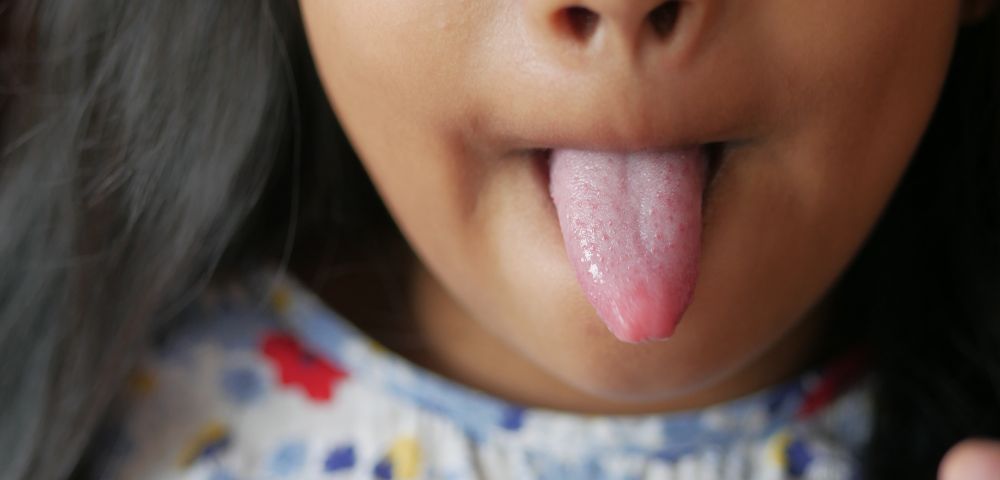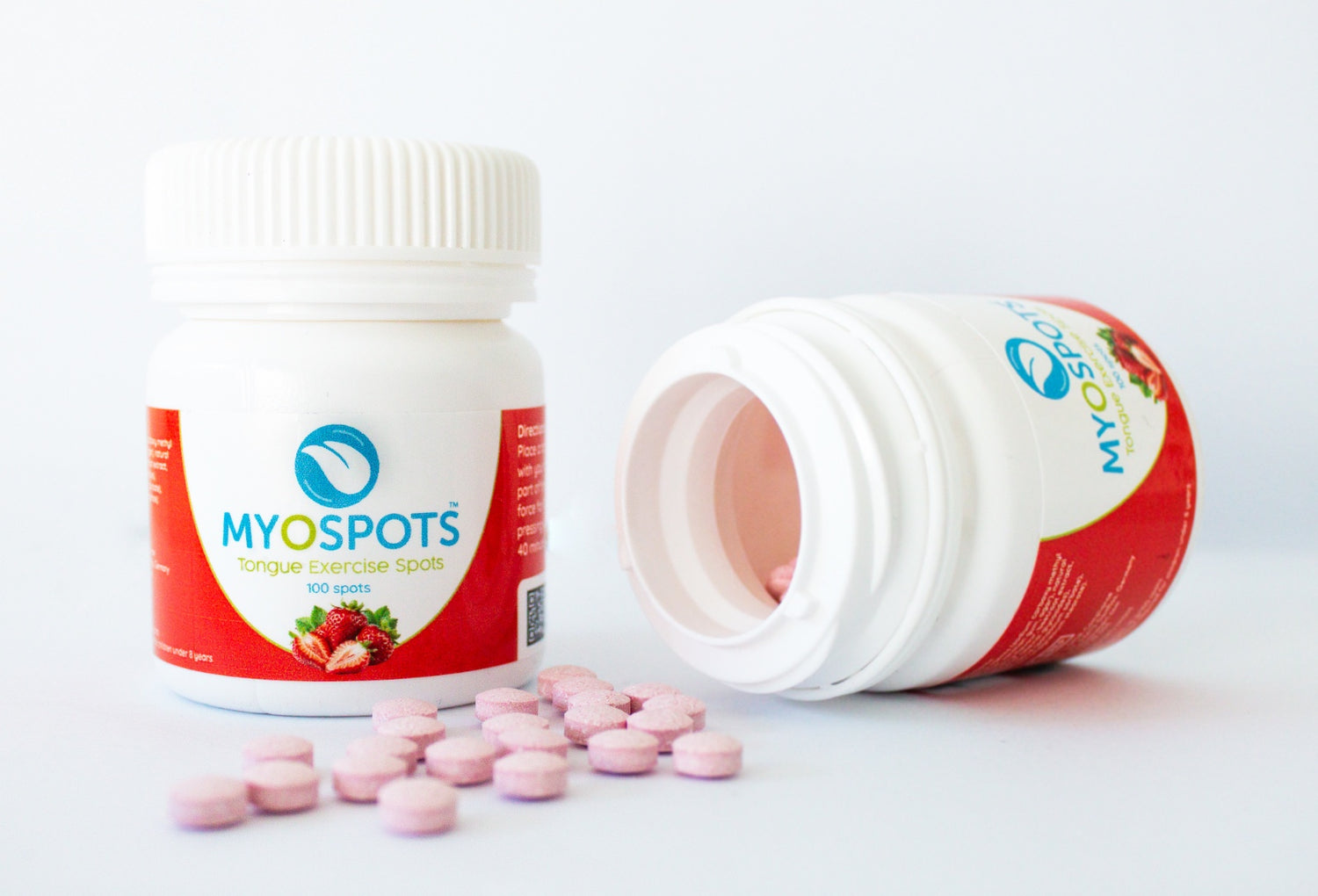Have you ever heard of mouth breathing? Mouth breathing occurs when people subconsciously breathe through their mouth instead of their nose.
This can cause a surprising amount of problems – because our bodies are built for nasal breathing. When we breathe through our nose, our nasal passages are built to filter the air that we breathe before it hits our lungs.This lowers our risk of allergies and hay fever and aids our immune system. It also slows our breathing and improves lung capacity.
Mouth breathing disrupts this natural process and can put us at risk of developing a range of concerning complications.
Who knew that such a seemingly small thing could have such a large effect on our well-being?
It is often difficult to identify if you or a loved one is mouth breathing, but signs include:
- Snoring at night
- A sore throat
- A hoarse voice
- Malocclusion (misaligned teeth)
- Dry mouth
- Drooling during sleep
- Disrupted facial development (elongated features or a receding jaw)
- Severe nasal blockage (In this case you will need to clear the blockage before performing tongue elevation exercises)
Now you know some of the signs to look for, here are 7 surprising ways that mouth breathing could be affecting your health today.
Snoring and sleep apnea
When we sleep, mouth breathing bypasses the natural structures in our nose that protect us. Our nose can become congested and our airway can relax as we sleep, making it difficult to get enough oxygen. This can lead to snoring, which might get us kicked into the spare room or make it difficult to sleep peacefully.
But more worryingly, mouth breathing increases our risk of developing sleep apnea.
Sleep apnea is a serious condition that occurs when we stop breathing in our sleep, leading to frequent waking throughout the night and chronic disrupted sleep patterns, among a host of other concerning complications.
To learn more about how mouth breathing is connected to sleep apnea and snoring, read our blog here.
Changes in face shape
There is evidence that chronic mouth breathing can actually affect normal facial development in children, leading to dental malocclusion, where the upper and lower teeth do not align properly. This is one of the most common reasons that children are referred to orthodontists for treatment.
Mouth breathing is also frequently linked to the development of long facial features, and a receding jaw that further encroaches on the airway, making it more difficult to breathe and leading to noticeable cosmetic differences.
Treatment for children who are engaging in mouth breathing is recommended as soon as possible before developmental damage becomes irreversible.
Dental diseases and bad breath
Our mouth is supposed to remain closed unless we are eating or speaking. Mouth breathing through the day and night can cause a range of dental problems beyond dry mouth.
Mouth breathing has been linked to:
- Bruxism, which is the grinding of teeth causing wear and tear or fractures
- Enlarged tonsils
- Enlarged adenoids
- Disorders of the joints in the jaw
- Dental erosion
- Malocclusion (misalignment of teeth)
- Gum disease or inflamed gums
- Tooth decay and cavities
- Impacted teeth
There is a reason why many dentists are the first to bring up the topic of mouth breathing with patients – because it has such a huge effect on our oral health!
Unfortunately, drying out our mouth also leaves us vulnerable to bacterial overgrowth, which can cause chronic bad breath. If your partner snores all night and then tries to kiss you in the morning with terrible breath – they might suffer from mouth breathing!
Increased blood pressure
Because mouth breathing is not an efficient way of breathing and getting oxygen into our lungs, mouth breathing can actually lead to a low oxygen concentration in our blood.
As a result, our body tries to compensate and raises our blood pressure.
This means that chronic mouth breathing has been linked to high blood pressure, and may also cause heart problems.
Increased need to use the bathroom during the night
This is possibly one of the most surprising side effects of all. If you’re one of those people who is woken up multiple times a night to go to the bathroom, mouth breathing could potentially be the cause of your trouble! Why? Well, frequent urination during the night is referred to as nocturia, and it is more frequent in patients with sleep apnea.
As many as 84% of sleep apnea patients also reported experiencing nocturia.
Mouth breathing is one of the causes of sleep apnea, meaning that you could address both problems in one go by fixing mouth breathing.
Mental fatigue
Mouth breathing has been linked to brain fog and irritability. One way that it could be causing this is through disrupted sleep quality and quantity, causing tiredness, difficulty concentrating, and general mental fatigue.
Additionally, mouth breathing may affect the amount of oxygen in the brain, potentially leading to more negative effects that may become known as we learn more about the brain.
Misdiagnosis of ADHD in children who mouth breathe
Because mouth breathing can lead to sleep disturbances, mental fatigue and irritability, it may be misdiagnosed as ADHD in children with resulting behavioural difficulties. Just as the reduced oxygen in the brain may affect adults, it can make it hard for children to concentrate, especially in school.
Mouth breathing is a possibility that you could raise with a medical professional as an option to rule out before beginning treatment for ADHD.
How Myospots can help
One way to address mouth breathing is to undertake oral exercises that retrain the tongue to sit in the correct position within the mouth. Ideally, when the tongue rests against the roof of the mouth, it blocks air from easily entering the airway through the mouth and encourages a healthier habit of nasal breathing.
Myospots is a simple, easy-to-use product that encourages these exercises to be performed easily by anyone, including children.
Myospots are small, flavoured pads that adhere to the roof of your mouth. They dissolve after 50 minutes and aim to guide the tongue to the correct position in the mouth.
Learn more about how they work here. They come in three tasty flavours. Get started now and buy your first Myospots order here.
All information is general in nature and is not intended to be a substitute for professional medical advice. Your healthcare provider can consult with you to confirm if this advice is right for you.




